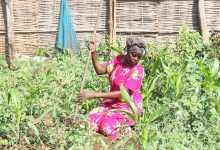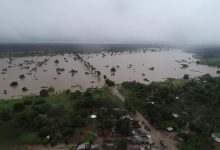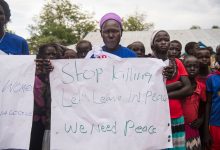First Person: A diabetes fighter in Eswatini pours all her efforts into beating COVID-19
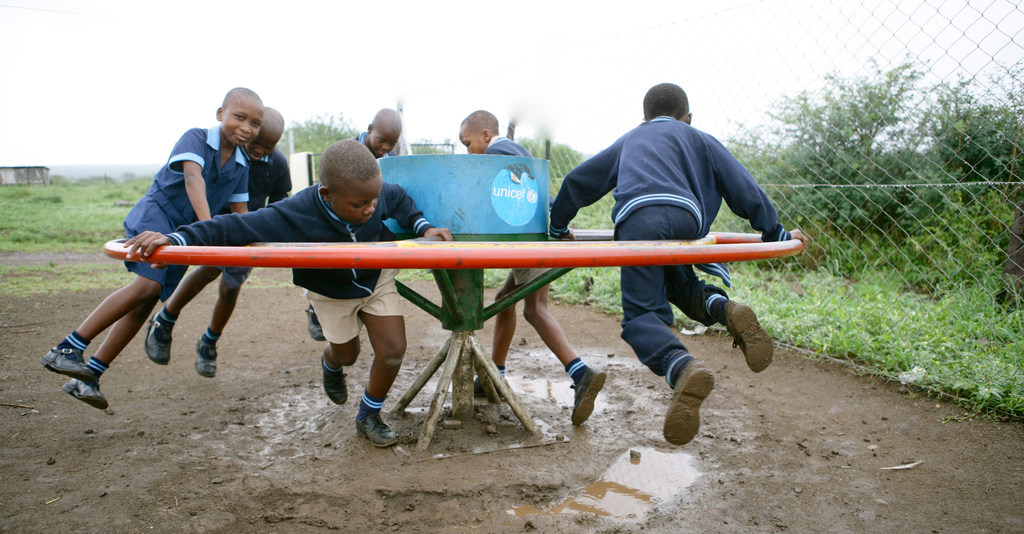 Dumsile Mavuso, the founder and head of Eswatini’s first national association for people with diabetes, is now bringing her knowledge and experience to fight the COVID-19 pandemic, in collaboration with the Government and the UN.
Dumsile Mavuso, the founder and head of Eswatini’s first national association for people with diabetes, is now bringing her knowledge and experience to fight the COVID-19 pandemic, in collaboration with the Government and the UN.
“Our association trained over 300 caregivers, who can empower other community leaders, and ensure that their support groups are effective. In addition, we led an initiative to train a total of 48 rural health motivators in five chiefdoms in the region of Shiselweni, and another group of 20 rural health motivators was trained in the Lubombo region.
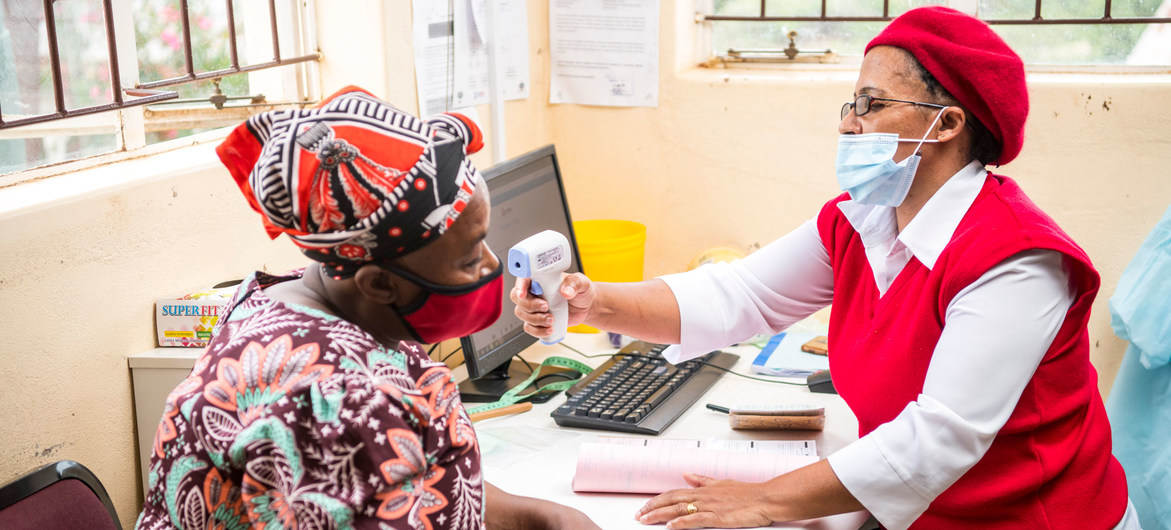
WHO/Daniel ToroEswatini : How the world’s highest HIV-prevalence country turned around, and in record time.
A lack of medication
Even though the lockdown negatively affected our operations, we managed to visit health centers across the country, and we soon discovered that most rural clinics did not have relevant and adequate medication, so we pressed for more of them to made available, working closely with the Ministry of Health.
We have also been in close contact with the United Nations: the UN country team in Eswatini has intensified its effort to help the government procure sufficient stocks of medical supplies at health care facilities in response to the coronavirus pandemic, and the World Health Organization (WHO) has supported Diabetes Association Eswatini in developing information and educational materials, helping us to communicate a wide variety of critical issues such as nutrition, coping mechanisms, and prevention.
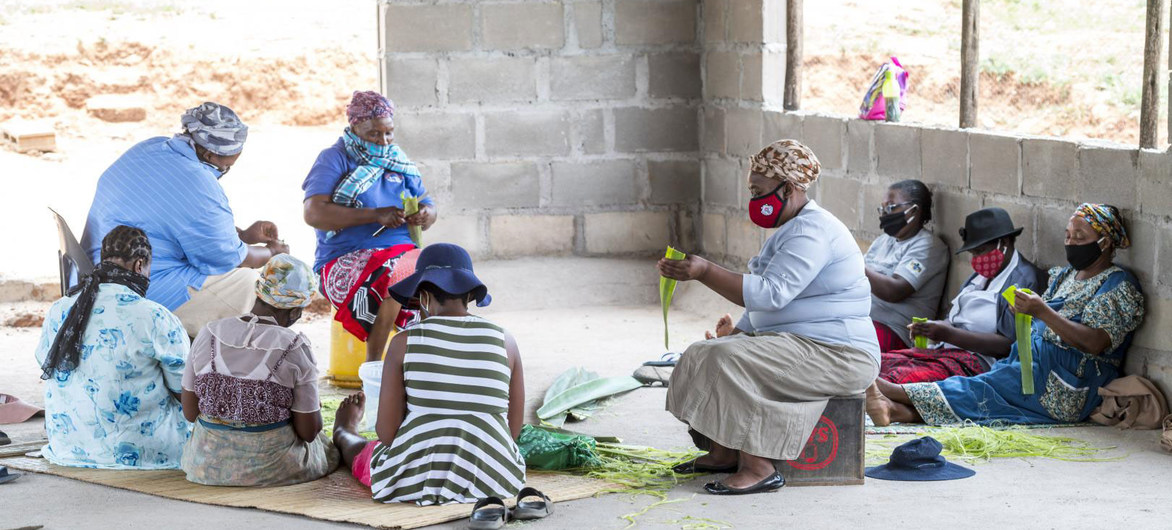
WHO/Daniel ToroEswatini : How the world’s highest HIV-prevalence country turned around, and in record time.
Creating opportunities out of the COVID crisis
When I was diagnosed with diabetes in 2005, I didn’t know how to deal with my condition, and there was no help readily available. I was in a coma for three days and, when I woke up, I told myself that I was going to learn everything there was to learn about this disease. Since then, nothing has stopped me from going the extra mile to fulfil my purpose: spreading my knowledge and helping other diabetic patients. Not even COVID-19.
In this time of economic crisis, we are also helping people with diabetes to improve their livelihoods. For example, I mobilized a group of women in my community to start a textile and handicraft business. I was lucky enough to successfully convince local textile companies to donate waste material to us, that we recycle to produce a lot of useful products that we then sell to the community, including facemasks, soaps and sanitizers.
And we have other plans to help unemployed young people to make a living: a branch of the association in Shiselweni, located in the south of the country, has embarked on a project to establish a vocational centre that will provide them with this skills they need.
We must create a stronger health system to meet the needs of people living with diabetes. There’s a lot of work to do if we are to have a healthier future in Eswatini: we need to invest more in prevention, early diagnosis, screening, treatment, and rehabilitation.”

